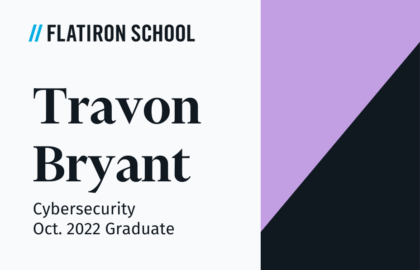Anybody remotely familiar with the world of technology knows that we are in the midst of a cybersecurity skills crisis, and have been for some time now. According to Cybersecurity Ventures’ 2019/2020 Cybersecurity Jobs Report the world is bracing for 3.5 million unfilled positions by 2021. Currently, Cyber Seek reports 507,924 job openings in the US; 17,996 are right here in Colorado. SecureSet Academy was established in 2014 for this very reason and is actively working with industry partners to help them fill critical cybersecurity roles with capable, new professionals in the field who can hit the ground running.
Specific to the Pikes Peak Region, the concentration of aerospace and defense companies, and key national defense commands, drives our local economy and provides an abundance of opportunities for our residents, but it also can provide challenges for job seekers looking to break into cybersecurity, particularly those lacking a security clearance. Jacobs and SecureSet are working together to address these challenges in an effort to bring more talent into the workforce pipeline.
SecureSet + Jacobs
Over the years, SecureSet Academy (SSA) has established itself as a premier leader in cybersecurity training. Jacobs’ Integrated Research and Development for Enterprise Solutions (IRES) Contract with the Missile Defense Agency has sought out SSA graduates for just this very reason.
At Jacobs, open positions per quarter can range from 30 – 90 depending on operational needs. The IRES Cyber Security Talent Acquisition Pipeline Program is a nontraditional method to attract entry level talent to the Jacobs’ IRES contract that does not possess a clearance or certification. The talent pipeline created, provides a fresh source of applicants that would normally be considered not qualified. The ISTE Program that is internal to the IRES Cyber Security Talent Acquisition Pipeline Program is the transformative interactive process that develops the traditionally not qualified applicants into a qualified talent base ready for hiring by Jacobs.
The Student Experience
Students will be introduced to Jacobs’ culture, potential mentoring and cyber security industry practices through Mentor Trainers. They will be paid to attend weekly two hour sessions (outside of school hours) as intermittent employees over the course of two to four months while studying at SecureSet Academy. By graduation, students will be better prepared for effective interviews with hiring managers and have the credentials to be considered for full-time roles.
No Clearance? No Problem.
As previously mentioned, central to the design of this program is a student’s ability to gain a security clearance while attending SecureSet Academy. This partnership presents a unique opportunity to individuals who desire to break into cybersecurity but have not due to the difficulty of obtaining a clearance, along with having the right level of training to be considered for open positions. This mutually beneficial arrangement opens significant career opportunities for our students and increases the pool of qualified candidates for Jacobs. Even in the event that a student completes the program and does not move into a full-time role with Jacobs, which is possible, that student can now enter the job market with a Secret clearance. In any scenario, we will have taken steps toward closing the cybersecurity skills gap that we so desperately need to do.
If you are an individual looking to break into cybersecurity or an organization seeking to bolster your cyber talent pipeline you can reach out to Brian Pumilia, Campus Director of SecureSet – Colorado Springs at brian.pumilia@secureset.com. If you are already cleared and looking for career opportunities with Jacobs you can reach out to Francisco Arteaga, CTR MDA/IS at francisco.arteaga.ctr@mda.mil or William Droge, ISTE Program Manager at william.droge@jacobs.com.




